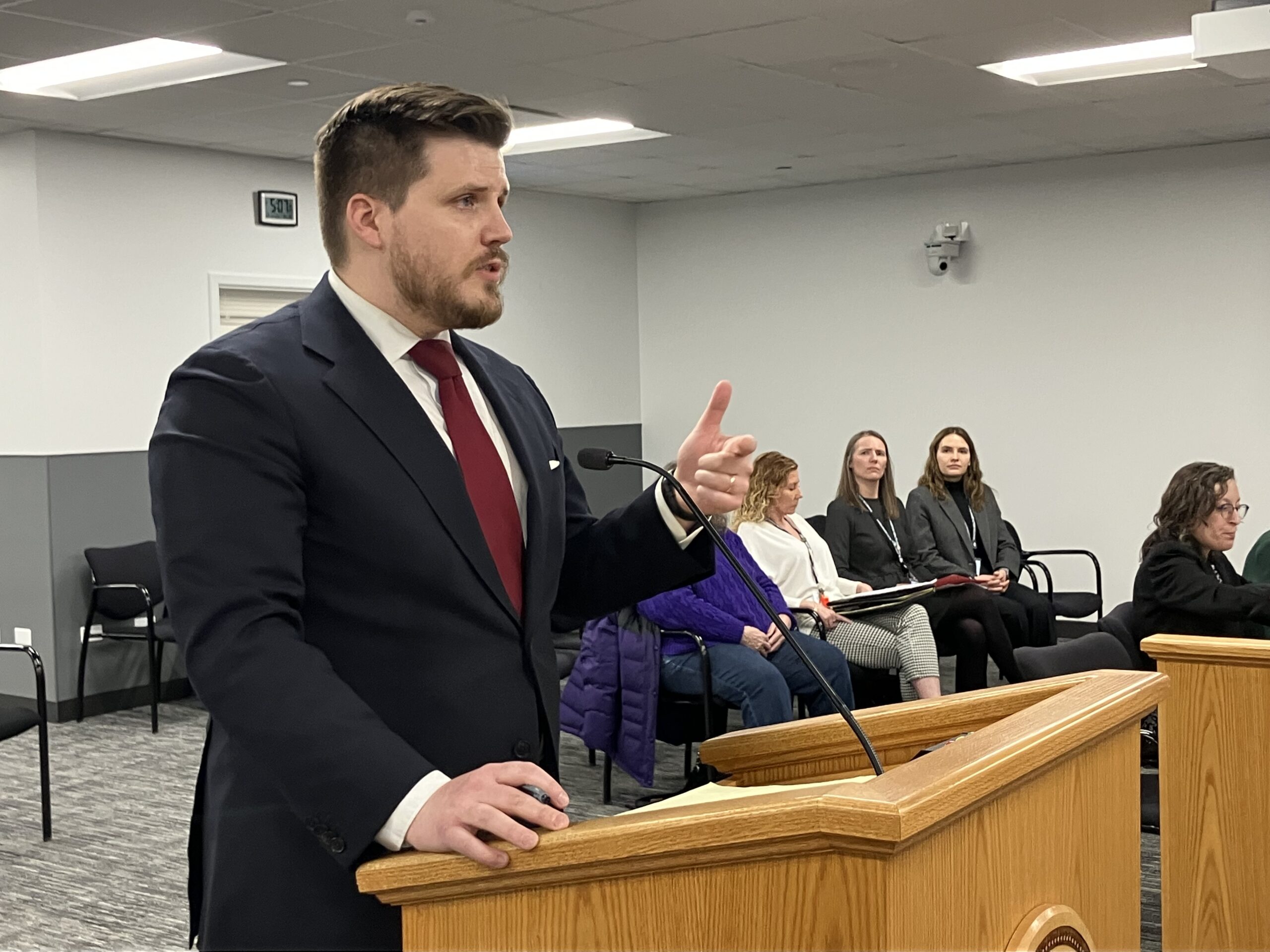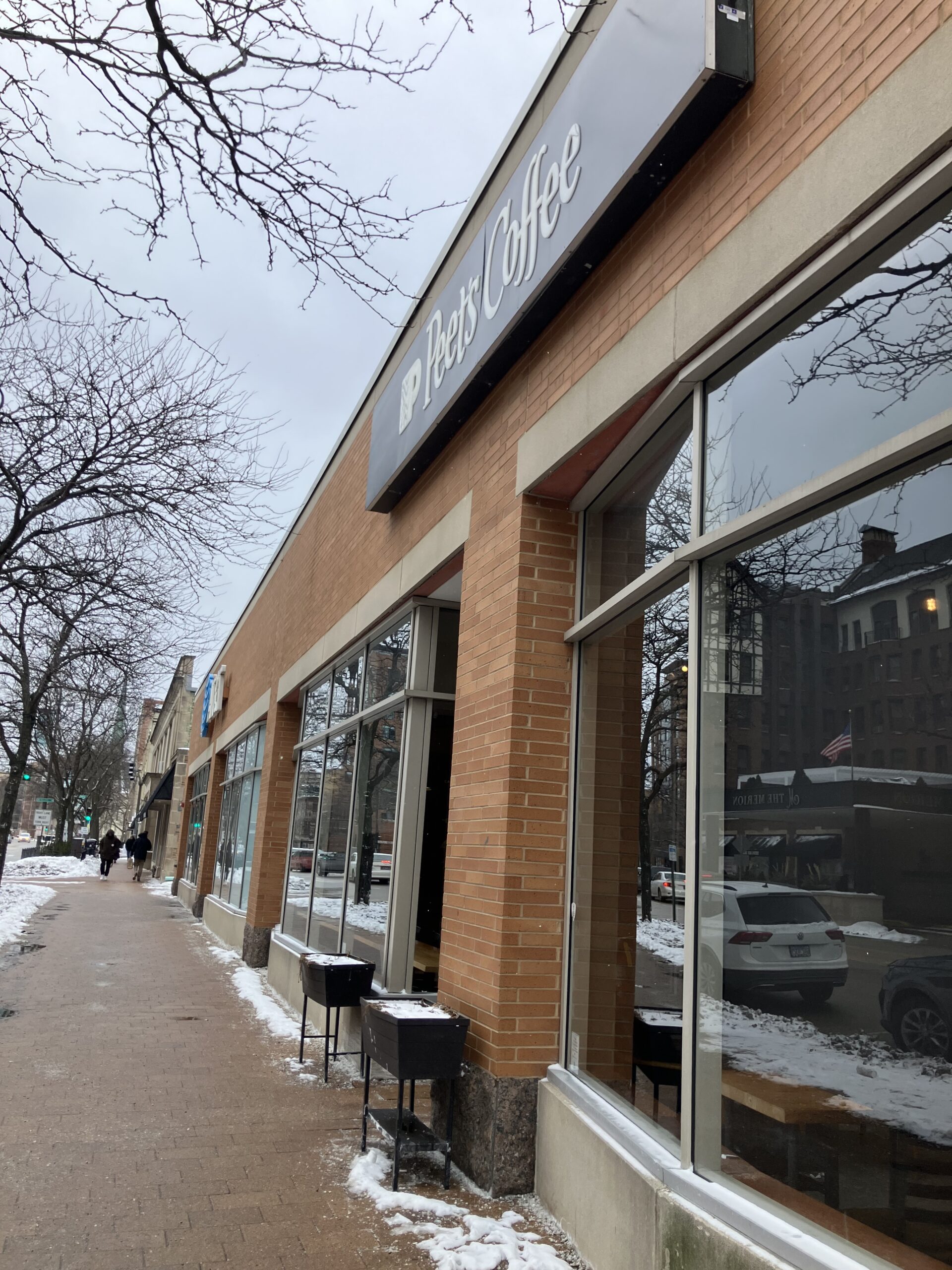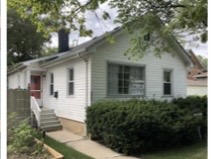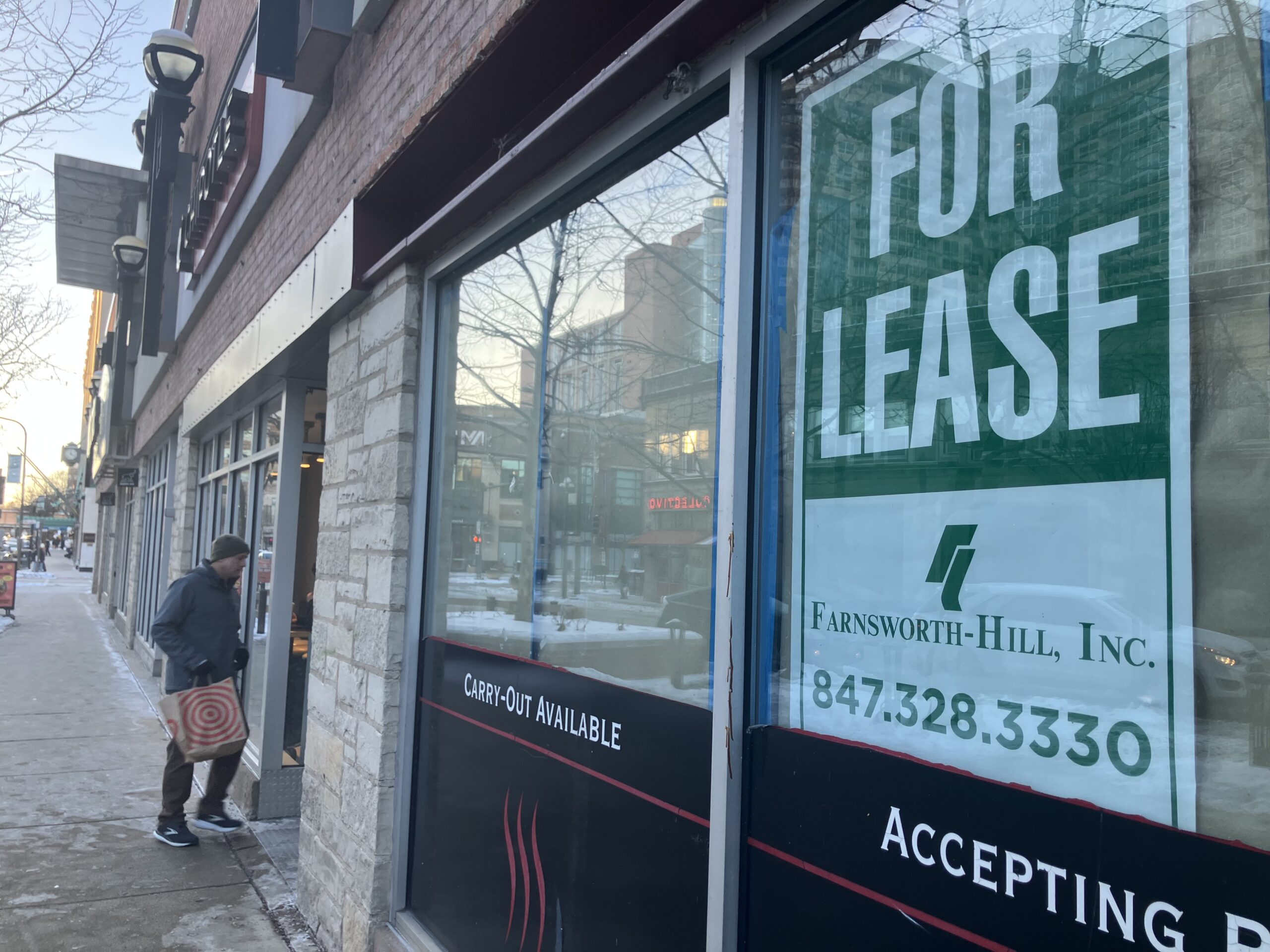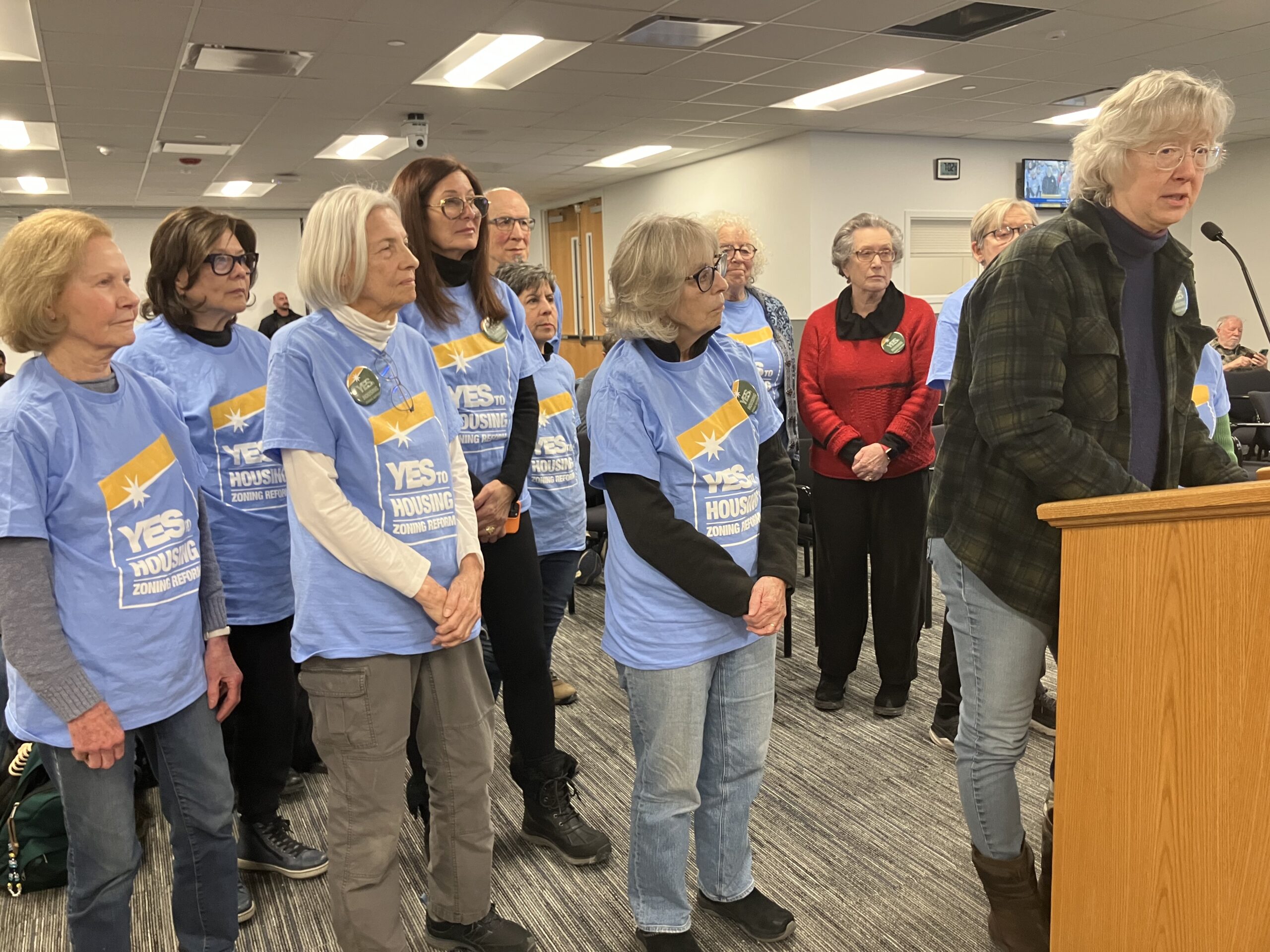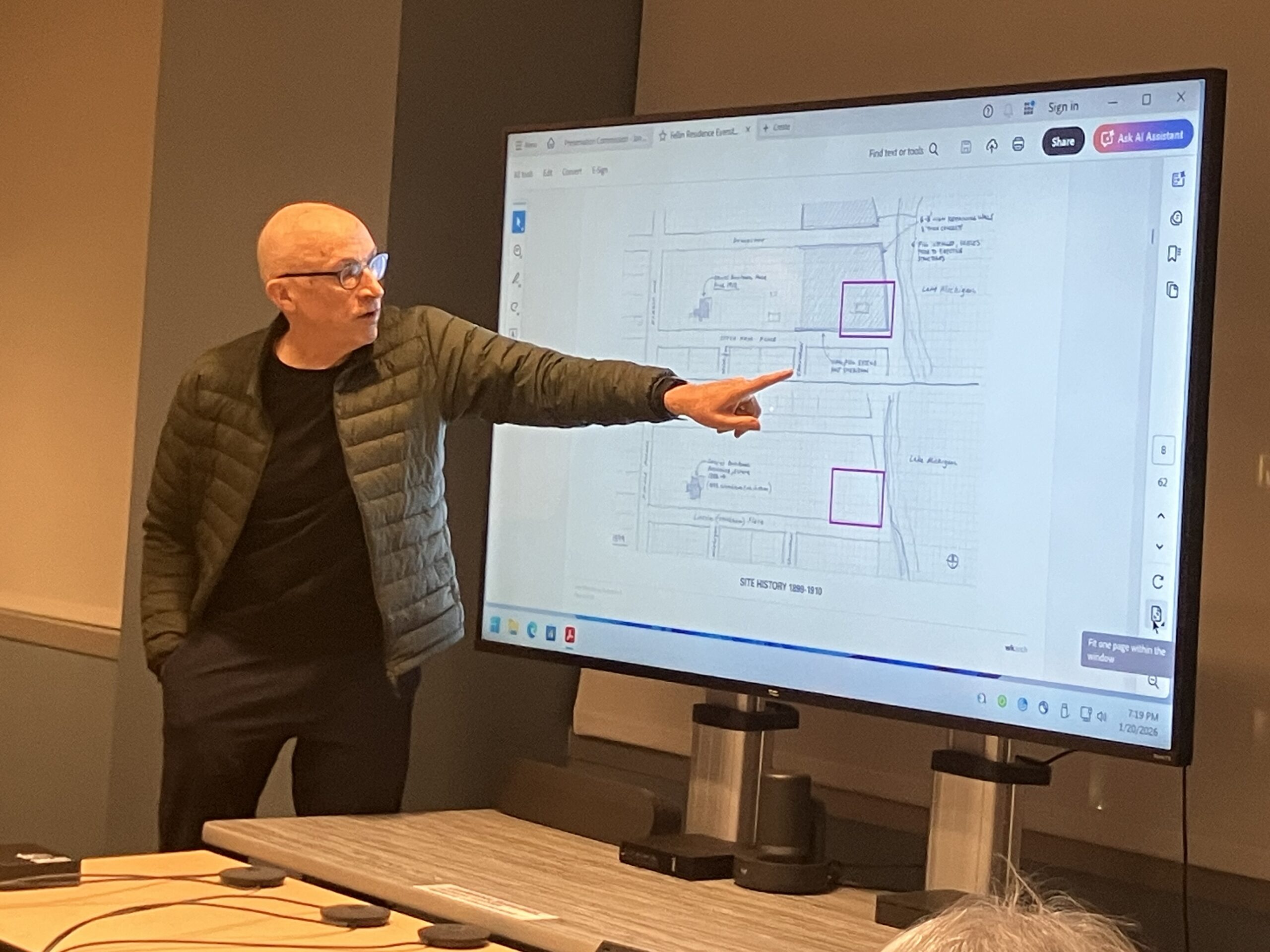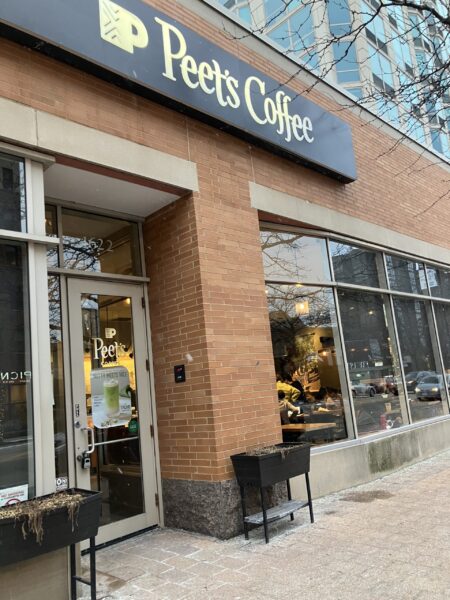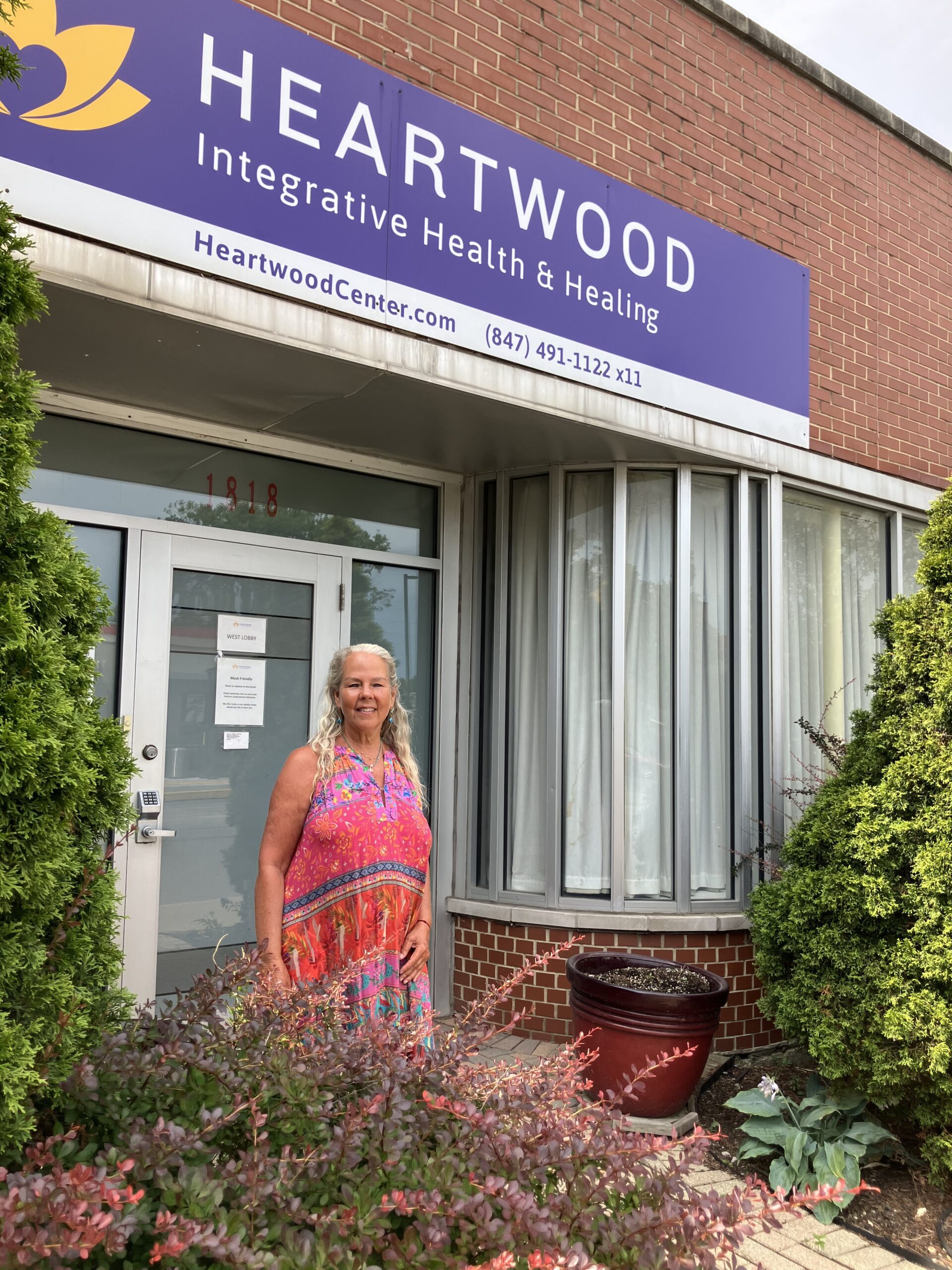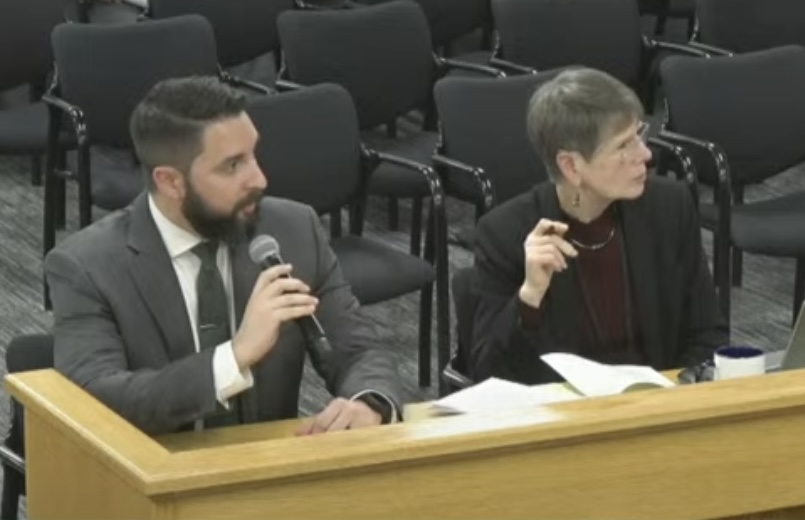Board members have voiced displeasure previously when the city sold off its North Branch library at the end of 2020, and didn’t share the proceeds with the library, although the board had authorized hundreds of thousands in repair costs to the building before the closing decision.
“We were told, ‘When North Branch gets sold you’ll get your money back,’” Fulce recalled. “North Branch was sold, we got nothing, but we’re still paying the debt service from 2013 to 2024” on the repairs — “so for 11 years paying debt on a building we don’t even have.”
More recently, the library forked out $693,000 to pay for a sewer collapse in front of the Orrington building — a cost they were not reimbursed for by the city even though they were told they would be so, Fulce noted.
Wi-Fi hot spots or city building fix?
Fulce continued, “I bet you, if you asked a taxpayer, ‘What do you want the library levy to go to?’ It would not be to repair the roof of the city building. It would be to opt to increase the number of e-books. What people would want is an increase in the number of hot spots [portable Wi-Fi hotspots the library lends out for home Internet use]. There’s no way that people would say, ‘Yes, use the money that’s allocated to the library to fix the city roof.’ I just don’t believe it.”
No trustee raised a hand when Fulce asked whether they supported using the library’s fund balance to start the roof project.
City response
Asked about the concerns, city officials said in a response late Tuesday, “the City is actively working with the library on a new agreement that will meet the needs of both the City and the library. The updated agreement will provide greater clarity for both parties while delivering high-quality services to our community members in a fiscally responsible manner. We will explore all available funding options based on the exact timing of the roof replacement.”
In the past, the board has been judicious with use of its fund balance, sometimes referred to as “rainy day” funds, making sure reserves were available to cover unexpected fiscal exigencies.
Their policy calls for the library to maintain from four to seven months (58.3%) of anticipated expenses for the budget in reserve. (By comparison, the city’s reserve fund balance policy calls for 16.6%. At the July 8 Finance & Budget Committee meeting it was reported that the fund could be depleted by 2027, as officials are running out of one-time revenue sources and face the challenge of funding public safety pensions at 100%).
Library Board members, in fact, are currently exploring increasing the length of the period, based on what other library systems are doing to gird against financial emergencies.
Risking a ‘game of chicken’?
During further discussion at the July 16 meeting, trustees spoke in support of not tapping the library’s fund balance to get the roof project started.
Trustee Esther Wallen, though, was among those who expressed concern. “I just worry this is like a game of chicken” with the city, she said.
Playing that out, “What’s the worst that’s going to happen here?” she asked. “This is not our building. I mean, if the expenses become more expensive to handle, we’ve already been in the process to look at other options for the library [including exploring the library moving from a city-run library to an independent district.]”
Mills agreed with Wallen’s assessment that it is like a game of chicken. She added, “I think everyone wants the best arrangement for the taxpayers and the patrons for the library, and having a safe secure building is the goal for all of us.”
“And so I think we’re trying to get to the same place where the city agrees,” she said, “and can ensure that this is an asset of the city right now, and that we all want that space to be effective.”
Fulce stressed “we don’t want to look adversarial. We don’t want to look like we’re trying to cause harm.” But the reality is, she said, the library would be paying three times over for the project by agreeing to the city’s request for an advance.
Roof action discussed before COVID
The need for action on the roof has been on the library’s radar for some time. Members of a previous library board were in discussion with city officials as far back as before COVID in 2020, but then were told by officials the project had been put on hold because of reshuffling of finances due to the pandemic.
The request for an MOU has a history of its own. A Memorandum of Understanding from the city was initially supposed to go out in Wilburn’s first year on the job, in 2024, but never happened, she said. A consultant’s report had estimated the overall cost of repairs to the main library building at close to $20 million.
Wilbur then drew one up and gave it to the city in January of this year. Since then, the board has asked for additional revisions to make it an intergovernmental agreement and lease rather than an MOU, she said. That change is currently being drafted by the library’s attorney, she said. What’s being sought between the parties, she said, is an agreement “that’s really clear about what the city is doing and what we are doing, and what the city is not doing because we don’t have that right now,” she said.

